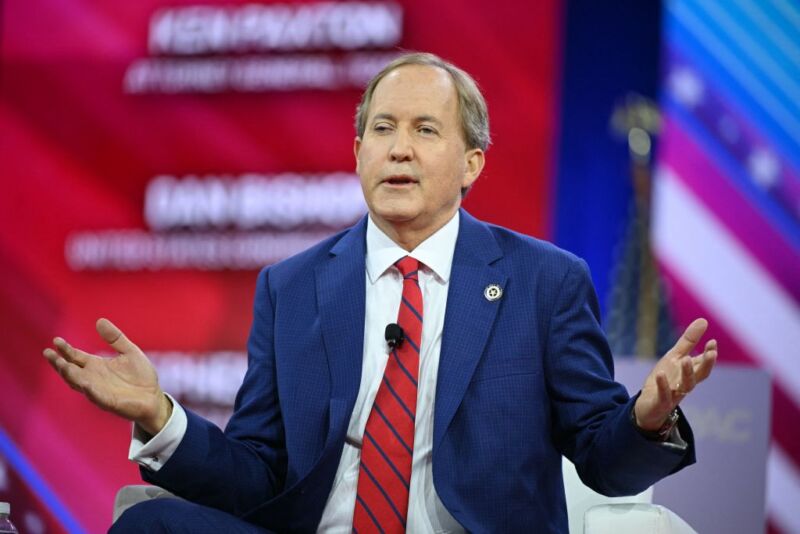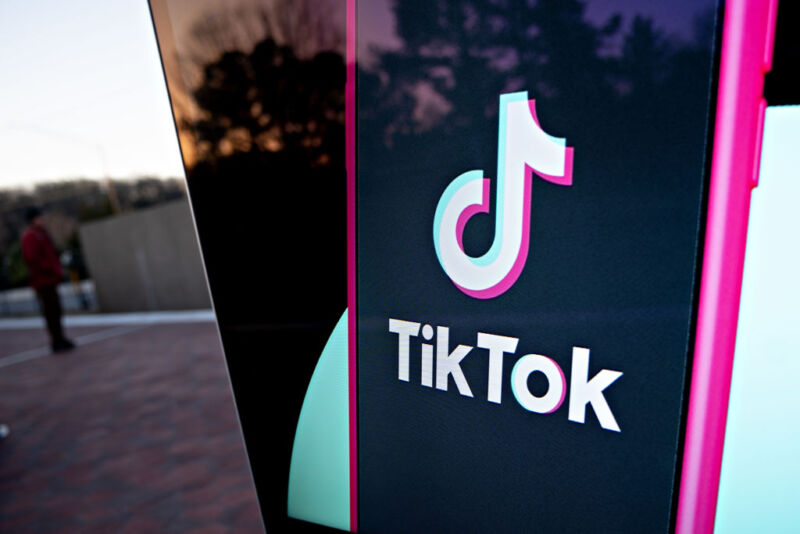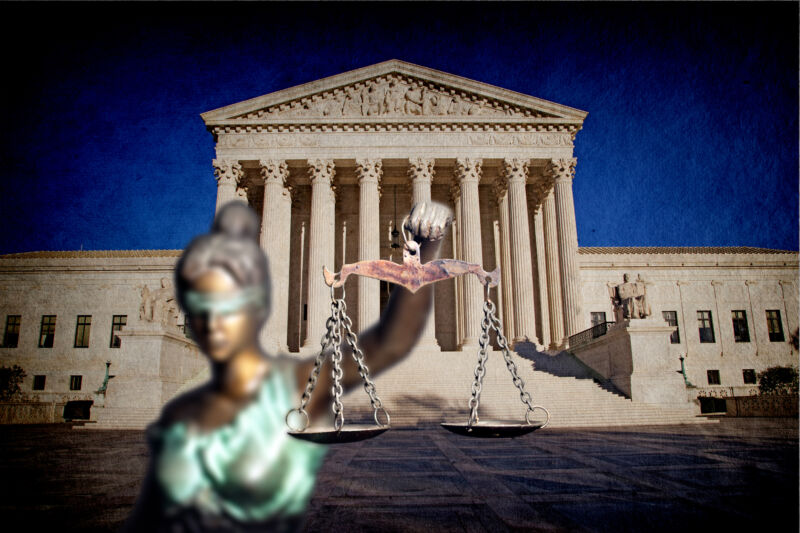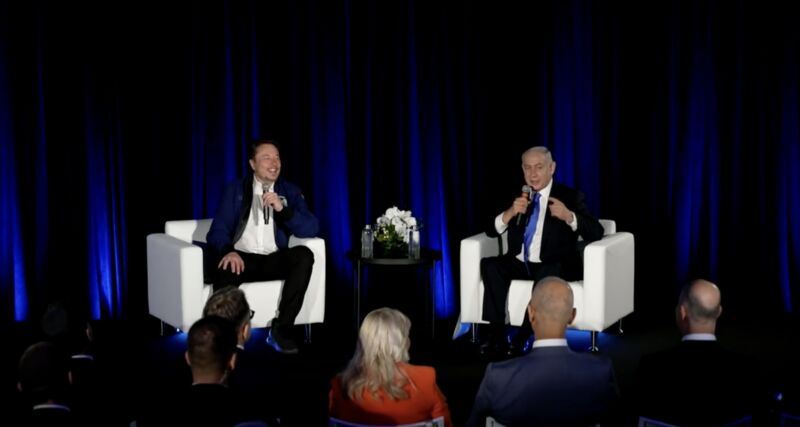The Department of
Homeland Security is stepping up its efforts to penetrate college campuses under the guise of fighting “foreign malign influence,” according to documents and memos obtained by The Intercept. The push comes at the same time that the DHS is quietly undertaking an effort to influence university curricula in an attempt to fight what it calls disinformation.
In December, the department’s Homeland Security Academic Partnership Council, or HSAPC, sent a
report
to Secretary Alejandro Mayorkas outlining a plan to combat college campus unrest stemming from Hamas’s October 7 attack on Israel. DHS has used this advisory body — a sympathetic cohort of academics, consultants, and contractors — to gain support for homeland security objectives and recruit on college campuses.
In one of the recommendations offered in the December 11 report, the Council writes that DHS should “Instruct [its internal office for state and local law enforcement] to work externally with the [International Association of Campus Law Enforcement Administrators] and [National Association of School Resource Officers] to ask Congress to address laws prohibiting DHS from providing certain resources, such as training and information, to private universities and schools. Current limitations serve as a barrier to yielding maximum optimum results.”
Legal scholars interviewed by The Intercept are uncertain what specific laws the advisory panel is referring to. The DHS maintains multiple outreach efforts and cooperation programs with public and private universities, particularly with regard to foreign students, and it shares information, even sensitive law enforcement information, with campus police forces. Cooperation with regard to speech and political leanings of students and faculty, nevertheless, is far murkier.
The DHS-funded HSAPC originated in 2012 to bring together higher education and K-12 administrators, local law enforcement officials, and private sector CEOs to open a dialogue between the new department and the American education system. The Council meets on a quarterly basis, with additional meetings scheduled at the discretion of the DHS secretary. The current chair is Elisa Beard, CEO of Teach for America.
Other council members
include Alberto M. Carvalho, superintendent of the Los Angeles Unified School District; Farnam Jahanian, president of Carnegie Mellon University; Michael H. Schill, president of Northwestern University; Suzanne Walsh, president of Bennett College; and Randi Weingarten, president of the American Federation of Teachers.
In its December report, the Council recommends that DHS “Immediately address gaps and disconnects in information sharing and clarify DHS resources available to campuses, recognizing the volatile, escalating, and sometimes urgent campus conditions during this Middle East conflict.”
DHS’s focus on campus protests has President Joe Biden’s blessing, according to the White House. At the end of October, administration officials said they were taking action to combat antisemitism on college campuses,
assigning dozens
of “cybersecurity and protective security experts at DHS to engage with schools.”
In response to the White House’s efforts, the Council recommended that Mayorkas “immediately designate an individual to serve as Campus Safety Coordinator and grant them sufficient authority to lead DHS efforts to combat antisemitism and Islamophobia.” That appointment has not yet occurred.
The Council’s December report says that expansion of homeland security’s effort will “Build a trusting environment that encourages reporting of antisemitic and Islamophobic incidents, threats, and violence.” Through a “partnership approach” promoting collaboration with “federal agencies, campus administrators, law enforcement, and Fusion Centers,” the Council says it hopes that DHS will “establish this culture in lockstep with school officials in communities.” While the Council’s report highlights the critical importance of protecting free speech on campus, it also notes that “Many community members do not understand that free speech comes with limitations, such as threats to physical safety, as well as time, place, and manner restrictions.”
The recent DHS push for greater impact on campuses wouldn’t be the first time the post-9/11 agency has taken action as a result of anti-war protests. In 2006, an
American Civil Liberties Union lawsuit revealed that DHS
was monitoring anti-war student groups at multiple California college and feeding that information to the Department of Defense. According to documents the ACLU obtained under the Freedom of Information Act, the intelligence collected on student groups was intended “to alert commanders and staff to potential terrorist activity or apprise them of other force protection issues.”
Mayorkas
wrote
on November 14 last year that a DHS academic partnership will develop solutions to thwart not only foreign government theft of national security funded and related research on college campuses but also to actively combat the introduction of “ideas and perspectives” by foreign governments that the government deems opposing U.S. interests.
“Colleges and universities may also be seen as a forum to promote the malign actors’ ideologies or to suppress opposing worldviews,” Mayorkas said, adding that “DHS reporting has illuminated the evolving risk of foreign malign influence in higher education institutions.” He says that foreign governments and nonstate actors such as nongovernmental organizations are engaged in “funding research and academic programs, both overt and undisclosed, that promote their own favorable views or outcomes.”
The three tasks assigned by Mayorkas are:
-
“Guidelines and best practices for higher education institutions to reduce the risk of and counter foreign malign influence.”
-
“Consideration of a public-private partnership to enhance collaboration and information sharing on foreign malign influence.”
-
“An assessment of how the U.S. Government can enhance its internal operations and posture to effectively coordinate and address foreign malign influence-related national security risks posed to higher education institutions.”
The threat left unspoken in Mayorkas’s memo echoes one spoken out loud by then Bush administration Attorney General
John Ashcroft in the months after 9/11
, when the first traces of the government’s desire to forge a once unimaginable expansion into public life in America rose to the surface.
“To those who scare peace-loving people with phantoms of lost liberty,” Ashcroft told members of the Senate Judiciary Committee, “my message is this: Your tactics only aid terrorists, for they erode our national unity and diminish our resolve. They give ammunition to … enemies and pause to … friends.”
The post
DHS Using Hamas to Expand Its Reach on College Campuses
appeared first on
The Intercept
.
 chevron_right
chevron_right








